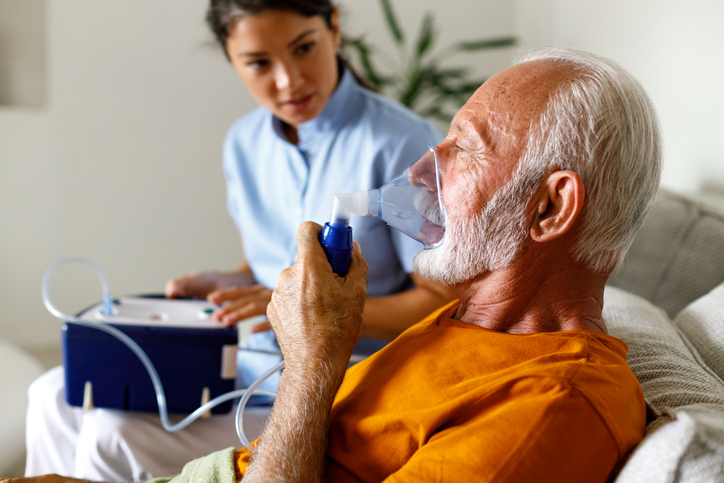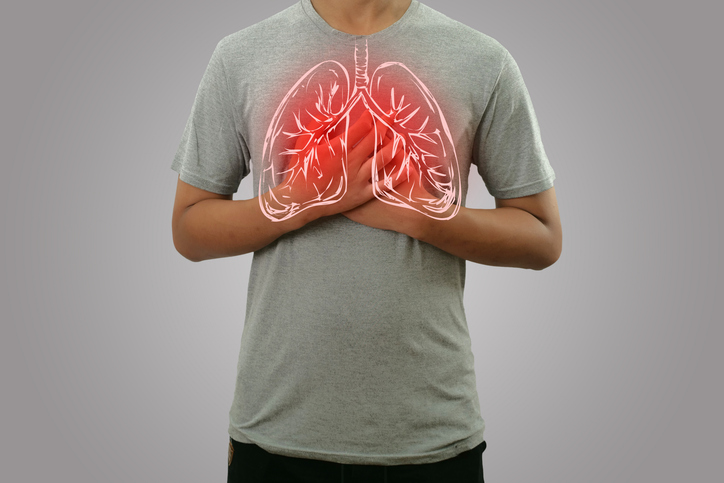
Using neuromuscular blocking drugs in general anesthesia may be tied to a greater likelihood of postoperative pulmonary complications, according to new researchers.
The prospective observational cohort study, POPULAR, which was published in The Lancet Respiratory Medicine, included 22,803 patients (aged ≥ 18 years) from 211 hospitals in 28 countries in Europe who received general anesthesia during any inpatient procedure (except cardiac surgery). Researchers found the use of muscle relaxants was associated with more frequent pulmonary complications postoperation in general anesthesia patients (7.6%, n = 1,658) (odds ratio [OR], 1.86). Neither neuromuscular monitoring (OR, 1.31) nor reversal agents (OR, 1.23) decreased the risk of postoperative respiratory complications. Using sugammadex as opposed to neostigmine for reversal (OR, 1.03) or extubation at a train-of-four ratio of 0.9 or more (OR, 1.03) also did not lower the chances of pulmonary complications postoperation.
Post-anaesthesia #pulmonary complications after use of muscle relaxants (POPULAR): a multicentre, prospective observational study https://t.co/BdRRHn1I8j
Register now for free @LancetRespirMed & @TheLancet content from #ERSCongress https://t.co/WbY4yBLE8z pic.twitter.com/eOvci2rcDU
— The Lancet Respiratory Medicine (@LancetRespirMed) September 17, 2018
POPULAR was led by the Technical University of Munich (TUM) and funded by the European Society of Anaesthesiology.
Anesthesia may result in some muscle relaxation on its own, but a second medicine is often used to relax the whole body. In some surgeries this may help prevent injury; in others, it may allow for easy joint movement.
“These drugs are particularly needed when operating on a patient’s chest or abdomen. They are also used to protect the vocal cords from injury when a tube is placed in the airway to allow artificial ventilation,” said Professor Manfred Blobner, an anesthesiologist at TUM’s Clinic for Anesthesiology and Intensive Care, as well as chair of the POPULAR steering committee.
The study authors concluded, “Anaesthetists must balance the potential benefits of neuromuscular blockade against the increased risk of postoperative pulmonary complications.”
Sources: EurekAlert, The Lancet Respiratory Medicine







 © 2025 Mashup Media, LLC, a Formedics Property. All Rights Reserved.
© 2025 Mashup Media, LLC, a Formedics Property. All Rights Reserved.